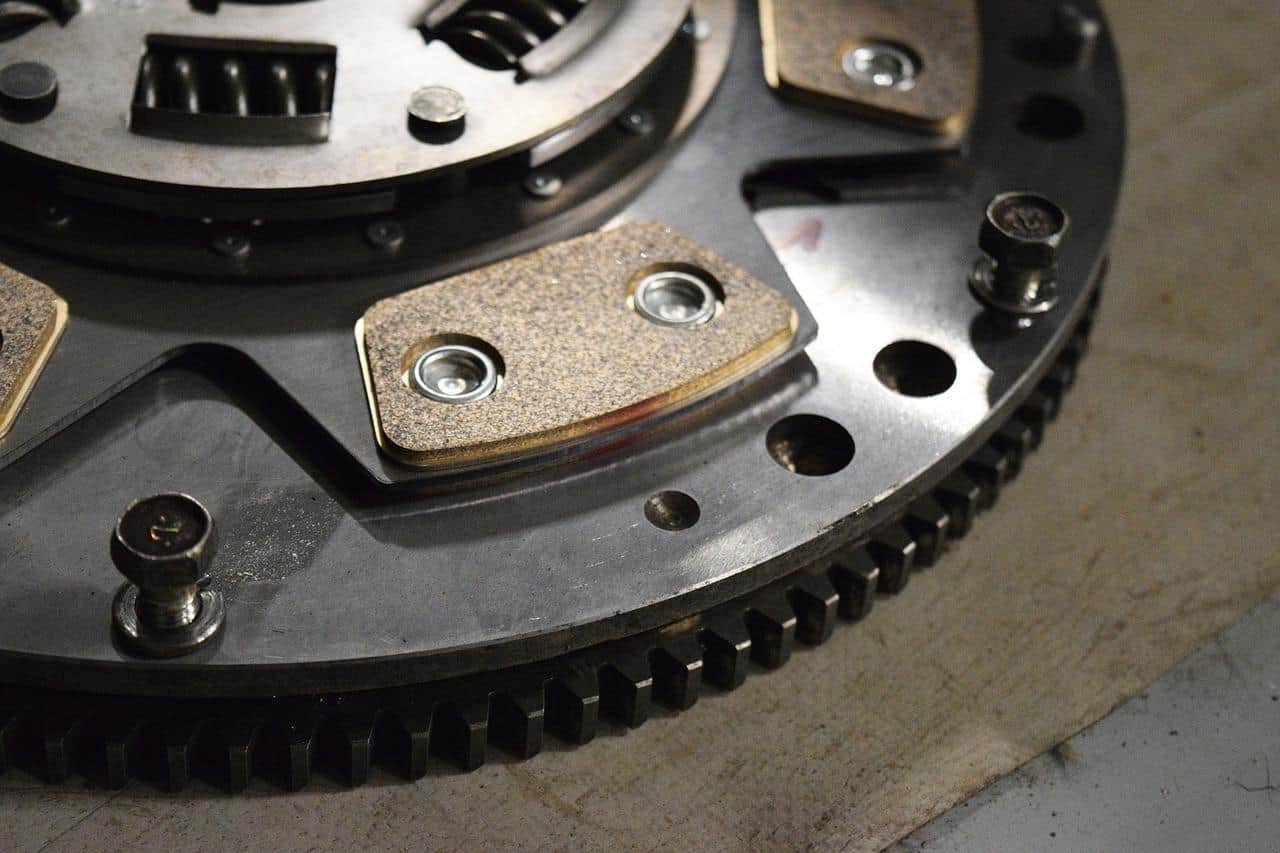Introduction
Have you ever wondered how much it would cost to replace a flywheel? It’s a common question for drivers who are facing repairs, and it can be a daunting one. Flywheels are an essential component of a vehicle’s transmission system, and replacing them can be a significant expense. In this comprehensive guide, we will provide you with all the information you need to know about flywheel replacement costs, including factors that influence the price and tips for getting the best deal.

Image: motorvehiclehq.com
Understanding Flywheels
A flywheel is a heavy, disk-shaped part located between the engine and transmission. Its primary function is to smooth out the engine’s power delivery and reduce vibrations. When the engine fires, the flywheel stores energy and releases it gradually during the downward stroke of the pistons. This helps to create a more consistent flow of power and reduces wear on the transmission components.
Factors Affecting Flywheel Replacement Costs
The cost of replacing a flywheel can vary significantly depending on several factors:
1. Vehicle Make and Model:
Different vehicle manufacturers use different flywheels, and some are more expensive to replace than others. Luxury vehicles and high-performance cars tend to have more expensive flywheels.

Image: www.safetybrakeandclutch.co.za
2. Type of Flywheel:
There are three main types of flywheels: solid, dual-mass, and lightweight. Dual-mass flywheels are more expensive than solid flywheels, as they have two rotating masses that reduce vibrations more effectively. Lightweight flywheels are designed for performance applications and are also more expensive.
3. Labor Costs:
The labor costs associated with flywheel replacement can vary depending on the mechanic’s hourly rate and the complexity of the repair. Rear-wheel-drive vehicles typically have easier access to the flywheel, while front-wheel-drive vehicles may require more labor time.
4. Parts Availability:
The availability of flywheels can also impact the cost. Rare or specialty flywheels may be more expensive due to limited supply.
Average Flywheel Replacement Costs
As a general estimate, the average cost to replace a flywheel ranges from $500 to $1,500. However, it’s important to note that this is just a ballpark figure, and the actual cost can vary greatly depending on the factors mentioned above.
Tips for Minimizing Flywheel Replacement Costs
If you need to replace your flywheel, here are some tips to help you minimize the cost:
1. Get Multiple Quotes:
Before choosing a mechanic, it’s a good idea to get quotes from several different shops. This will help you compare prices and find the best deal.
2. Consider a Remanufactured Flywheel:
Remanufactured flywheels are rebuilt and certified to meet original specifications. They are often a more affordable option than purchasing a new flywheel.
3. DIY if Possible:
If you are mechanically inclined, you may be able to save money by replacing the flywheel yourself. However, it’s important to have the proper tools and knowledge before attempting this repair.
4. Negotiate with the Mechanic:
Once you have chosen a mechanic, be willing to negotiate the price, especially if you are paying for the labor and parts separately.
How Much To Replace Flywheel
Conclusion
Replacing a flywheel can be a significant expense, but it is a necessary repair to ensure the smooth and safe operation of your vehicle. By understanding the factors that affect flywheel replacement costs and following the tips provided, you can make an informed decision and minimize the expense. Remember, replacing the flywheel is an investment in your vehicle, and a properly functioning flywheel will save you money in the long run by preventing damage to other components.